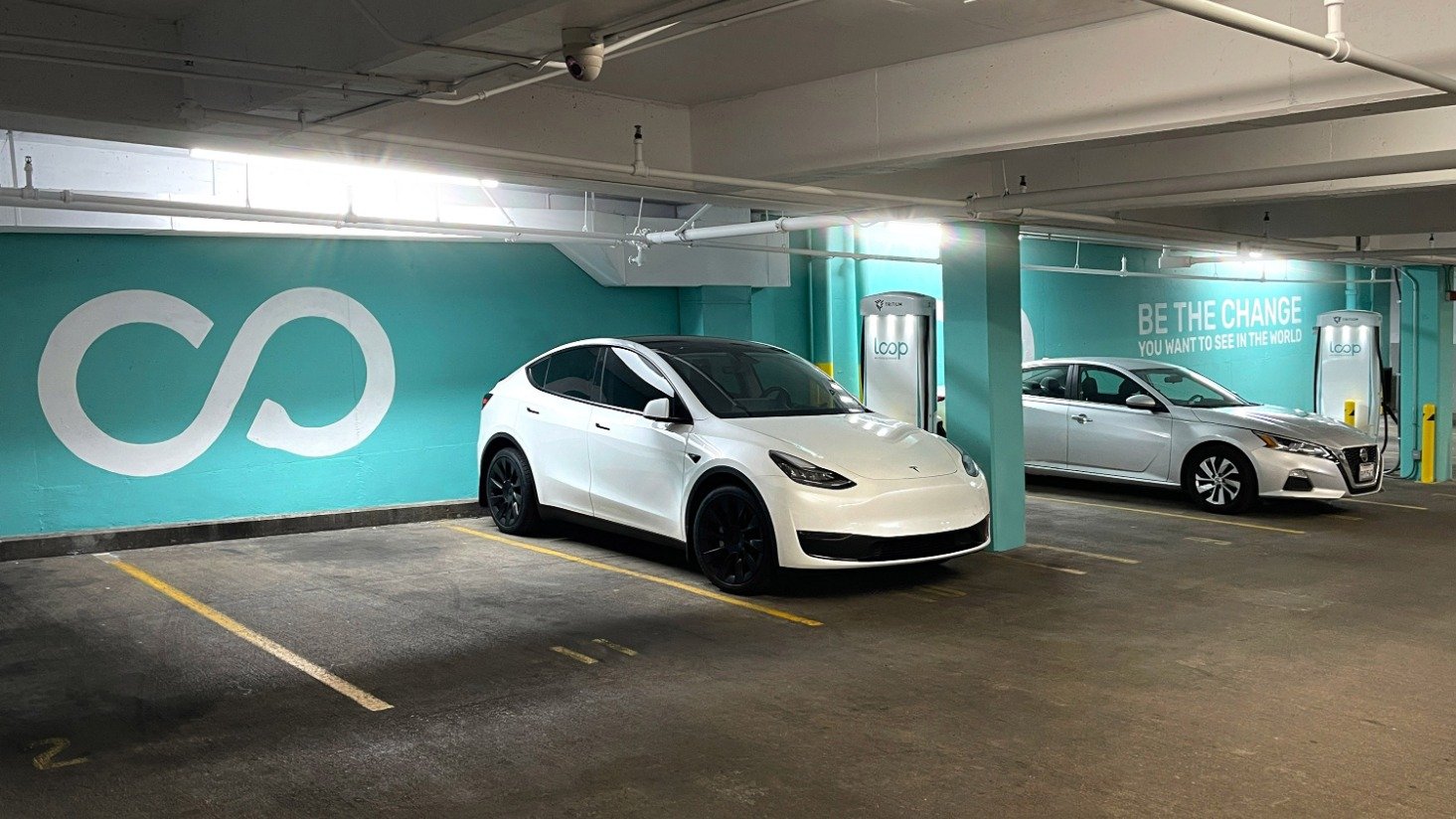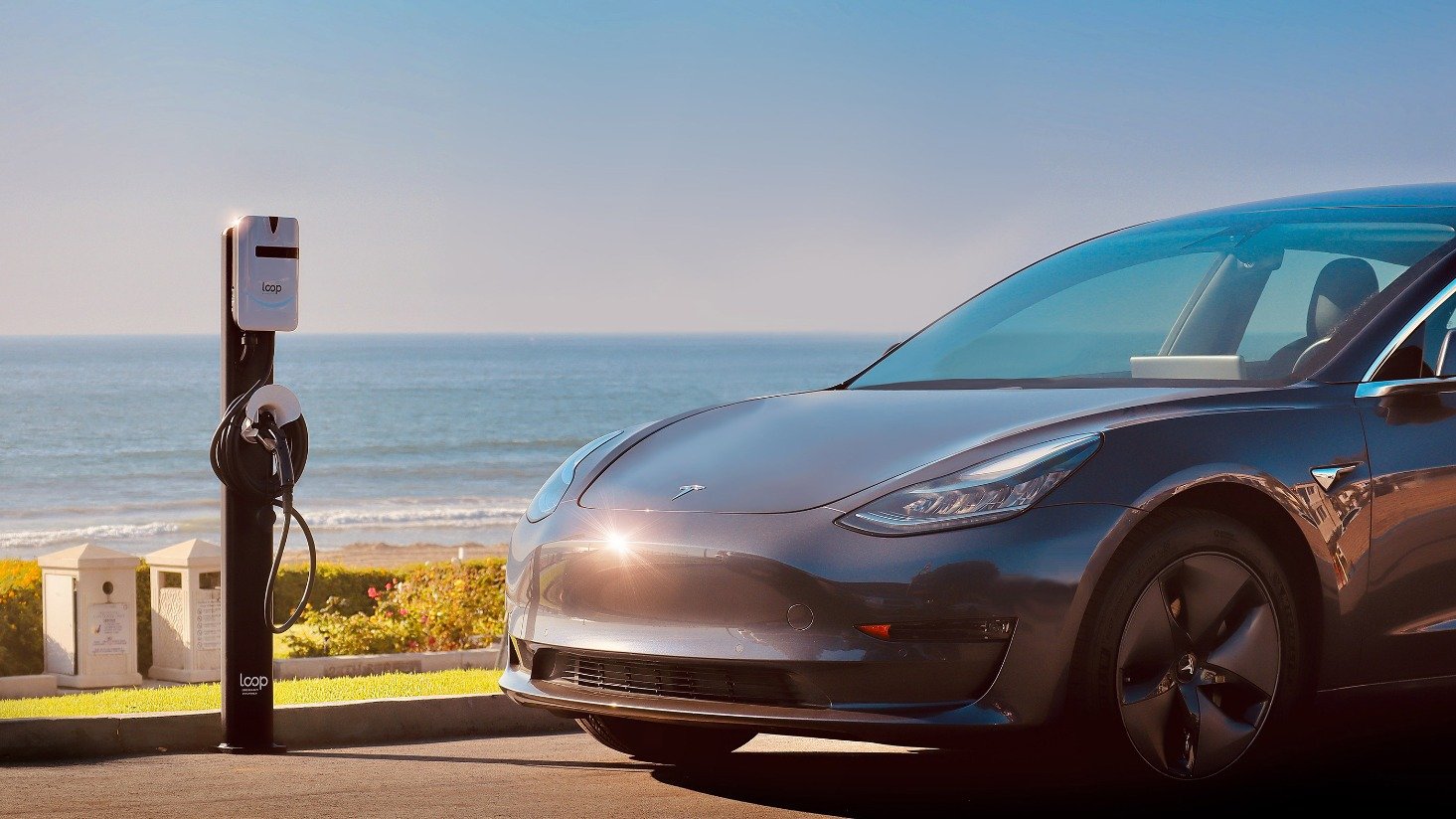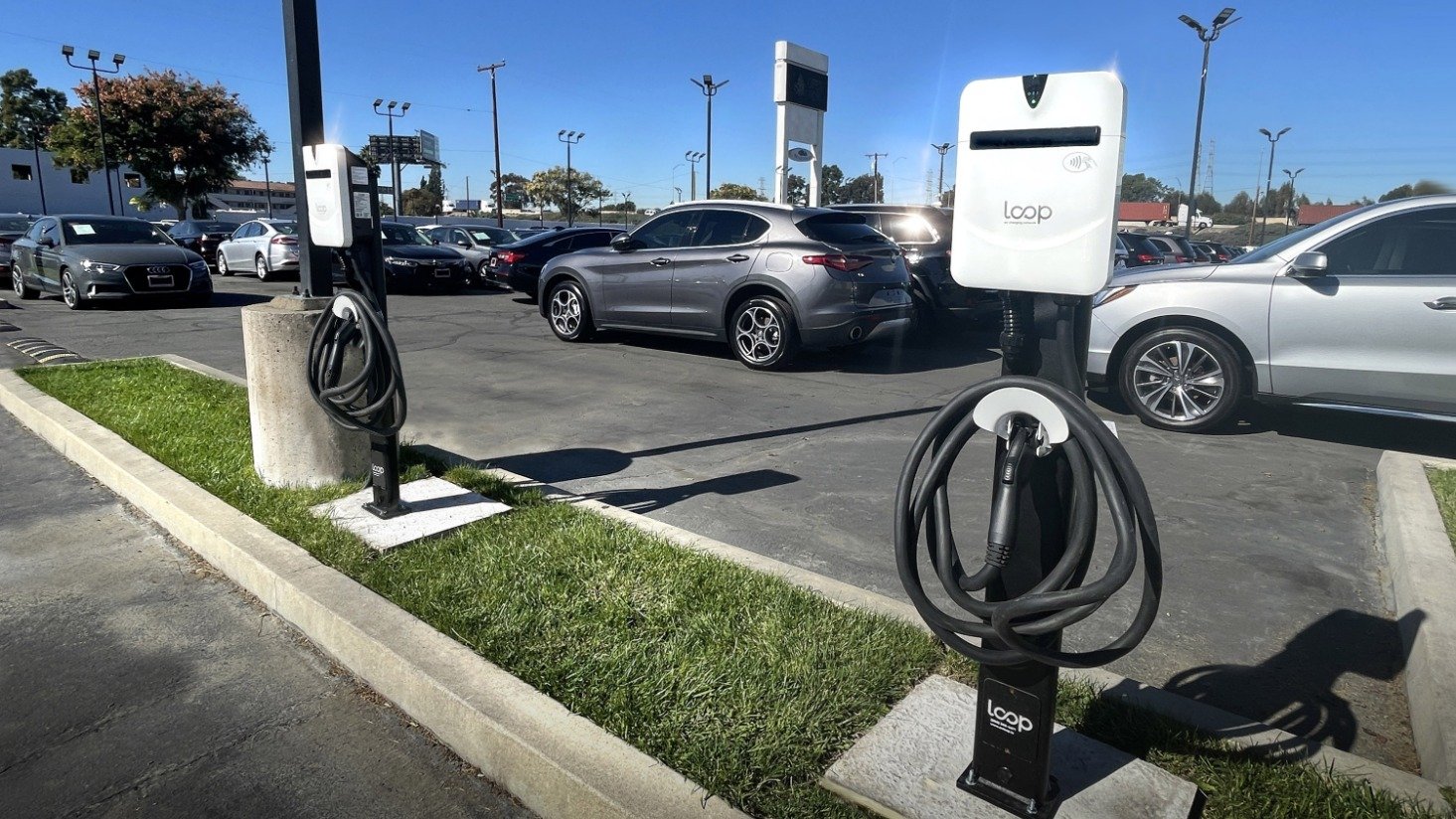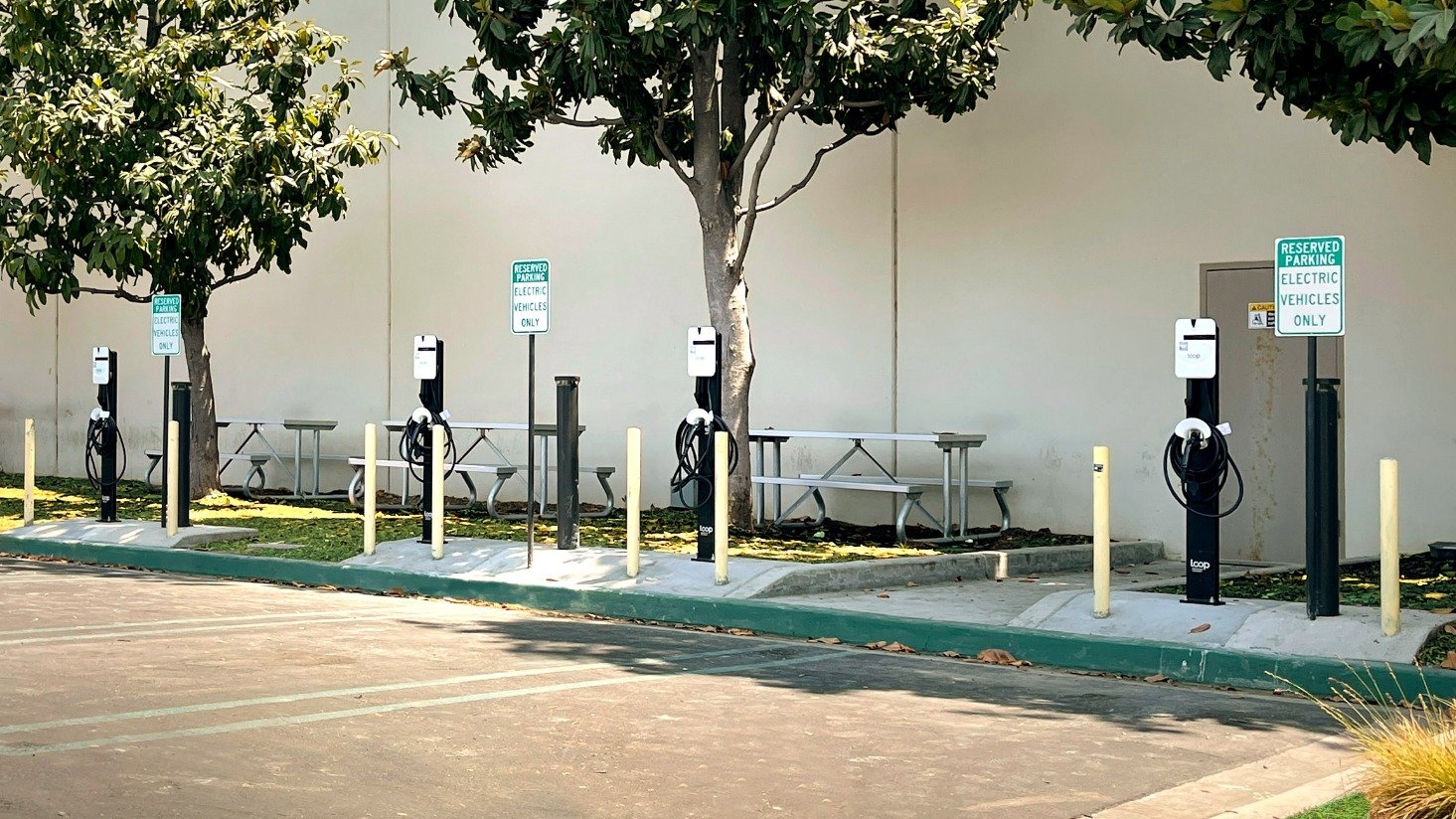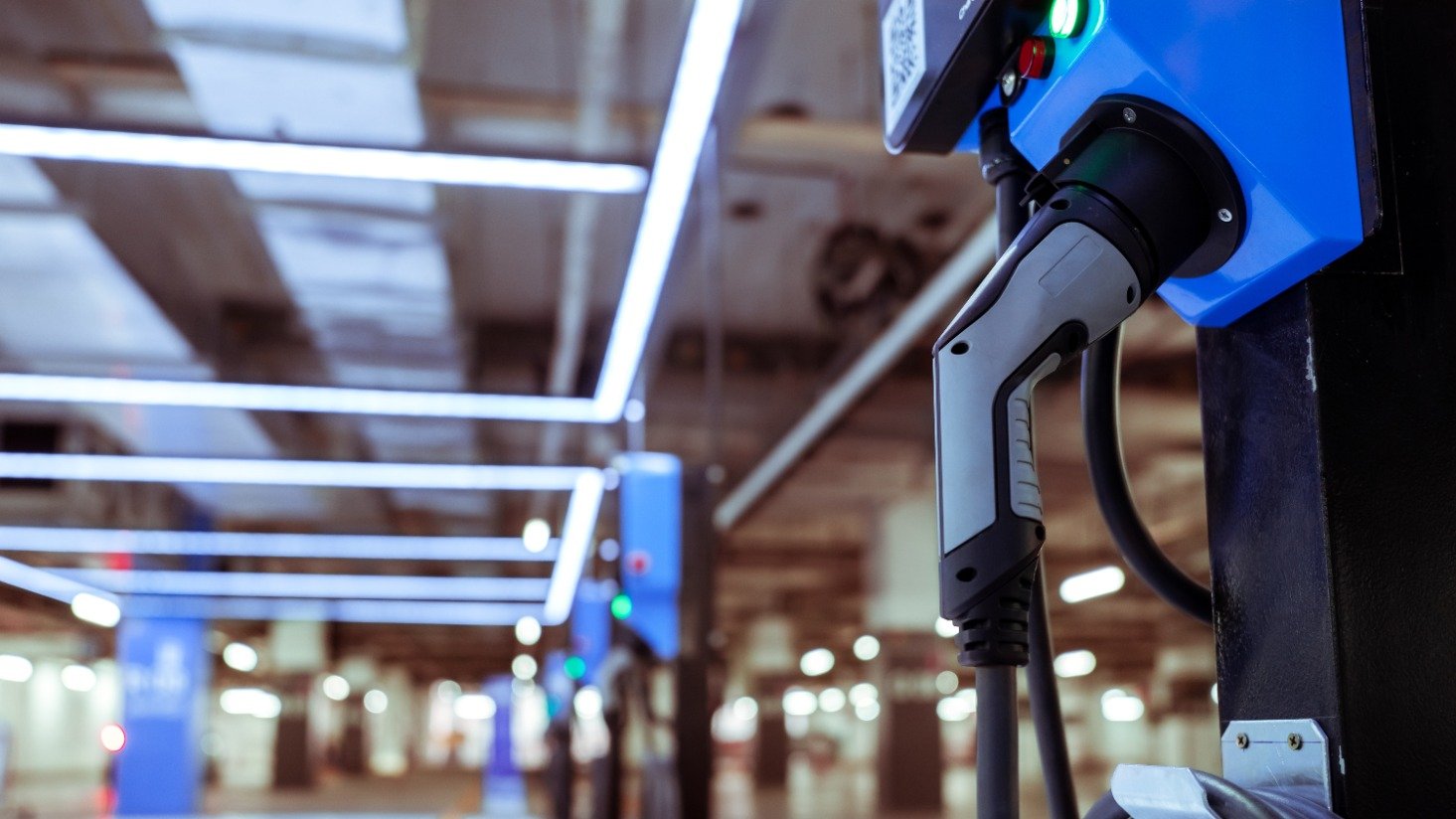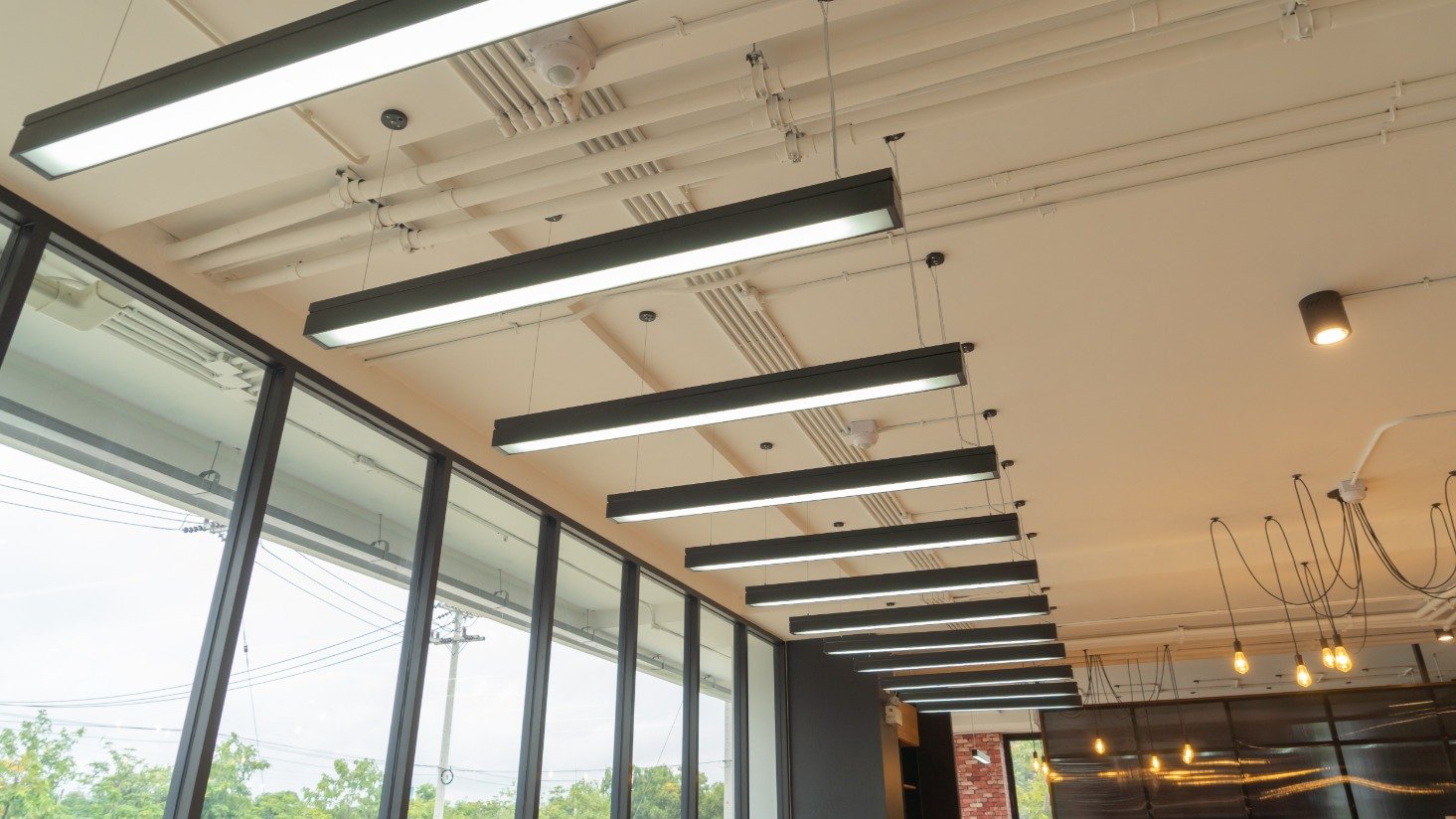What kind of EV charger is best for businesses?
Electric vehicles are growing in popularity and it’s clear that manufacturers are moving toward offering more electric vehicle options. With this growth, local building codes are also starting to require EV charging infrastructure in more places.
Whether you’ve been considering adding EV chargers as an amenity, as a revenue source, or you’re required to provide it, businesses all over the country are starting to evaluate their options.
We’ll walk through some of the options available for businesses to help you make sense of the jargon and weigh the pros and cons.
If you’re not familiar with the different types of chargers, like Level 1, Level 2, and DC fast chargers, take a minute to read this article that covers the practical differences between different types of EV chargers.
Level 1, Level 2, and DC Fast chargers
When it comes to the best type of EV charger for businesses, the Level 2 charger tends to be the most common choice when balancing cost and value, but there are exceptions to this.
Why are Level 1 EV Chargers not suited for businesses?
A Level 1 charger is designed to be plugged into an existing 120V electrical outlet and only provides two to four miles of range per hour of charge. Plus, there is no way to bill people for the use of the charger.
In short, Level 1 chargers are impractical for businesses.
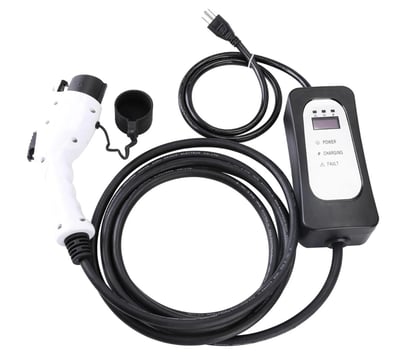
When a Level 2 EV charger is best
Level 2 chargers come in a wide range of options and charge speeds, but most businesses find the right balance between hardware costs, install costs, and charging value in these products.
In general, a higher-amperage Level 2 charger are better for business because they deliver more miles of range per hour of charge. We typically see customers gravitating toward chargers in the 80A range for business applications.
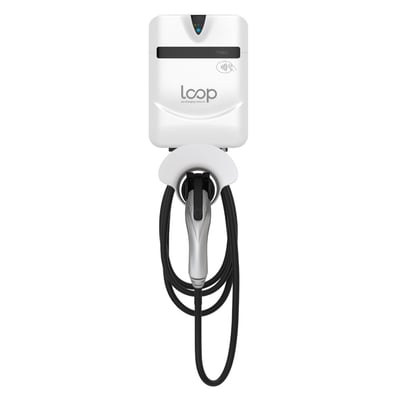
When a DC fast charger is a good choice
If you could charge for fuel and meet a need for customers, would you consider putting in a gasoline pump at your business? This may seem like a silly question, but that’s the closest equivalent to a DC fast charger in terms of both charging speed and cost.
Although the electrical infrastructure, equipment, and install costs are significantly higher for DC fast chargers, they can deliver up to 200 miles of range in about 15 minutes. This may make sense for some businesses like quick-serve restaurants, coffee shops, or other businesses along major thoroughfares.
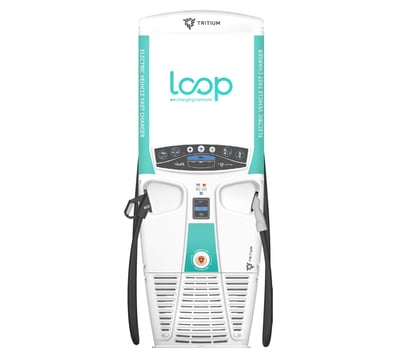
As an example, Starbucks rolled out DC fast chargers along a route of interstate between Seattle and Denver.
For the majority of businesses, DC fast chargers are likely overkill and over budget.
Networked versus non-networked
When it comes to Level 2 EV chargers, networked versus non-networked chargers are a major decision point. In general, the hardware cost is lower for a non-networked charger, but a networked charger is required to be able to bill for the use of the charger. Let’s walk through a couple of examples.
Example 1: Consider a multifamily property that is required by local code to provide EV charging-accessible parking. Some companies may also want to offer EV charging as an amenity for both tenants and visitors. If you’re not interested in being able to bill tenants or visitors for the electricity use, a non-networked charger may be a consideration, but another benefit to networked chargers is the ability to analyze charger usage over time and the flexibility to bill for usage down the road.
Example 2: Now let’s take a commercial office property or university campus. You’ll likely have visitors, clients, or students wanting to charge their vehicle, but you may also operate electric vehicles that your staff uses. In this case, you may consider a mix of networked chargers in one area and non-networked chargers in a limited capacity for company-owned EVs. That said, remember that non-networked chargers cannot analyze energy usage over time and may be limited on charging speed for fleet vehicles.
In most commercial applications, networked Level 2 chargers deliver the most value to businesses.
EV charger fees, contracts, and network reliability
If you’re considering a networked charger for your business, the hardware and installation is one piece of the puzzle, but the ongoing operation of the chargers is a piece you’ll have to live with for years. Consider network fees, contracts, and network reliability closely.
Some EV charger networks charge a fixed fee to the business, regardless of how much the charger is in use. This becomes an added operational expense to consider.
On a similar note, some networks lock customers into a long-term contract to use their EV charger network (and also lock them into fees). The terms of an EV charger network agreement are an important factor to consider before you pick your hardware.
One final element to consider is network reliability. The bottom line is that if the network is down, the charger is unusable. The last thing you want is to install EV chargers, hoping to bill for the usage and provide a valuable amenity and end up with a fancy landscaping ornament.
The best EV charger for businesses
We’ve been digging into the EV charger options and have found that — with a few exceptions — the majority of businesses will be best served with networked Level 2 chargers.
In evaluating options, our recommendation is typically Loop EV chargers because they meet a competitive price point while having flexibility and terms that are favorable for businesses. As an example, they don’t lock customers into a long-term contract as a way of reinforcing their commitment to the strength and reliability of their network.
If you’re considering EV chargers for your facility or you’re suddenly facing a local requirement to get equipment installed, our team is here to help. We typically begin with a discovery conversation to help talk through the various options available and help you refine your business requirements. From there, we work to dial in installation requirements and scope, so you aren’t surprised by installation costs in the end. You can schedule a consultation with our team here.
